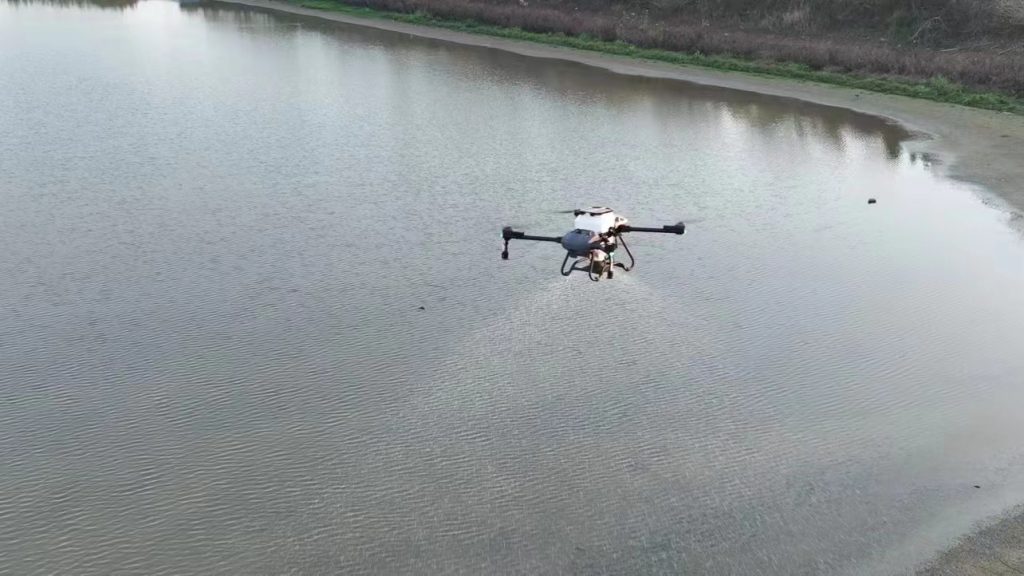
Revolutionizing Spanish Agriculture: The Impact of Chinese Agricultural Drones
Spain has emerged as one of Europe’s most dynamic agricultural nations, combining traditional farming heritage with cutting-edge technology. From the sun-drenched olive groves of Andalusia to the vineyards of La Rioja, the fruit orchards of Valencia, and the grain fields of Castilla y León, Spanish agriculture represents a vital sector that feeds not only the nation but also contributes significantly to European and global food supplies. However, the industry faces pressing challenges including labor shortages, climate change impacts, environmental regulations, and the need to enhance productivity. Chinese agricultural drones are proving to be a transformative solution, offering Spanish farmers an innovative tool to optimize operations, reduce costs, and promote sustainable farming practices.
Spain’s Agricultural Landscape: Opportunities and Challenges
Spanish agriculture is characterized by its diversity and regional specialization:
-
Mediterranean Climate: Long, hot summers and mild winters create ideal conditions for certain crops but also bring challenges like drought and water scarcity.
-
Labor Shortages: The agricultural workforce has been declining, exacerbated by rural depopulation and competition from other sectors.
-
Environmental Pressures: Spain must balance high agricultural output with sustainable practices, including water conservation and reduced chemical use.
-
Diverse Farming Systems: From small family farms to large commercial operations, Spanish agriculture encompasses a wide range of scales and crop types.
To maintain its competitive edge and address these challenges, Spanish farmers are increasingly turning to advanced technologies, with Chinese agricultural drones leading the way.
Why Chinese Drones? A Perfect Fit for Spanish Farming
Chinese agricultural UAVs have rapidly gained recognition for their advanced features, affordability, and adaptability to diverse farming environments. For Spanish farmers, these drones offer:
1. Precision Agriculture for Diverse Crops
Spanish agriculture produces a wide variety of crops including olives, grapes, citrus fruits, vegetables, and grains. Chinese drones provide:
-
Accurate Crop Monitoring: Multispectral sensors that assess plant health, detect diseases, and monitor water stress in real-time.
-
Precision Spraying and Fertilization: Targeted application of inputs reduces waste and protects sensitive crops like grapes and olives.
-
Variable Rate Technology (VRT): Optimizes input distribution based on field data, enhancing efficiency across different crop types.
2. Labor Efficiency in a Challenging Market
With an aging agricultural workforce and labor shortages, Spanish farmers need reliable solutions:
-
24/7 Operation Capability: Drones can work during optimal times (early morning or late evening) when human labor is less available.
-
Rapid Task Completion: Covering 10-15 hectares per hour, drones significantly reduce the time needed for spraying and monitoring.
-
Reduced Dependence on Seasonal Labor: Automation of routine tasks allows farmers to allocate human resources more strategically.
3. Cost-Effectiveness for All Farm Sizes
From small family operations to large commercial farms, Chinese drones offer scalable solutions:
-
Affordable Pricing: Competitive costs make advanced technology accessible to Spain’s diverse farming community.
-
Reduced Input Costs: Precise application minimizes fertilizer, pesticide, and water usage, lowering operational expenses.
-
Low Maintenance Requirements: Durable designs and efficient components reduce long-term maintenance costs.
4. Sustainability Aligned with Spanish and EU Goals
Spain is committed to sustainable agriculture, and drones support this vision:
-
Water Conservation: Efficient application methods help conserve water in drought-prone regions.
-
Reduced Chemical Runoff: Targeted spraying prevents excess chemicals from entering waterways, protecting Spain’s diverse ecosystems.
-
Lower Carbon Footprint: Electric-powered drones produce zero emissions, contributing to Spain’s climate goals.
From China to Spain: Seamless Integration and Support
Importing Chinese agricultural drones into Spain involves compliance with EU regulations (CE marking, RED directives) and agricultural standards. Forward-thinking suppliers ensure:
-
Localized Training: Spanish-language instruction for farmers and technicians on drone operation, data analysis, and maintenance.
-
After-Sales Service: Reliable support networks in key agricultural regions including Andalusia, Catalonia, and Castilla-La Mancha.
-
Customized Solutions: Drones tailored for Spain’s specific crops and environmental conditions.
Success Stories: Spanish Farmers Embrace Drone Technology
Early adopters report significant benefits:
-
An olive grower in Andalusia reduced pesticide use by 30% while improving harvest quality through targeted application.
-
A vineyard owner in La Rioja used drones for canopy monitoring, detecting issues before they affected grape quality.
-
A citrus farmer in Valencia adopted drones for rapid pest control, protecting crops during critical growth periods.
The Future of Spanish Agriculture: A Partnership with Chinese Innovation
The integration of Chinese agricultural drones into Spain’s farming sector represents a synergy between:
✅ Spain’s rich agricultural heritage and expertise
✅ Chinese drone engineering and affordability
✅ Shared commitment to innovation and sustainability
As Spanish farmers continue to modernize their operations, Chinese drones provide a smart, scalable, and eco-friendly solution that enhances productivity while protecting the environment.
The future of Spanish agriculture is taking flight—combining tradition with technology to meet tomorrow’s challenges today. 🚁🌾
THE END

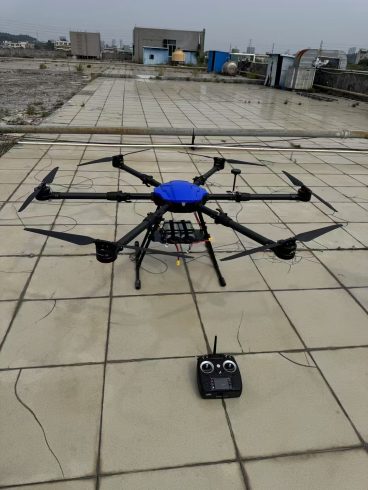
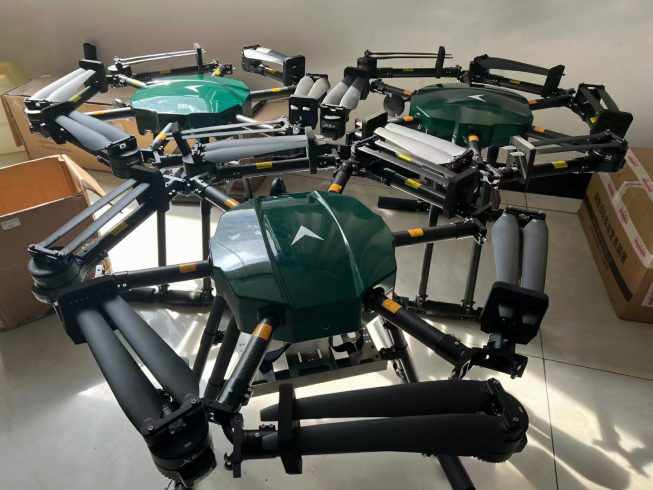
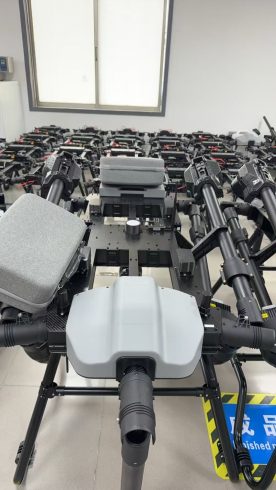
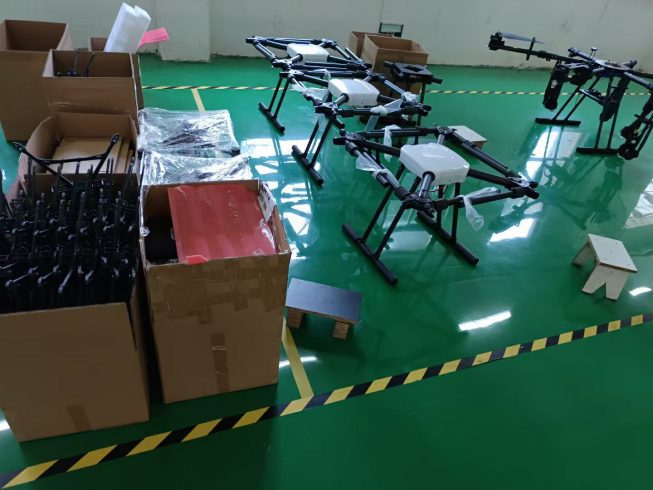
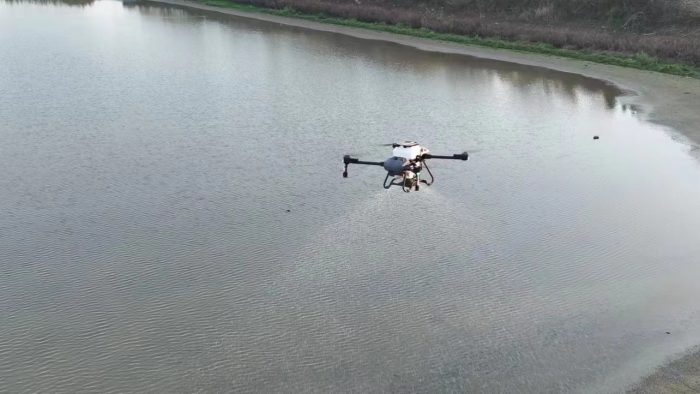
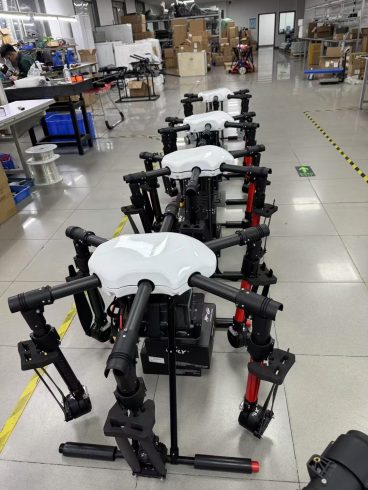
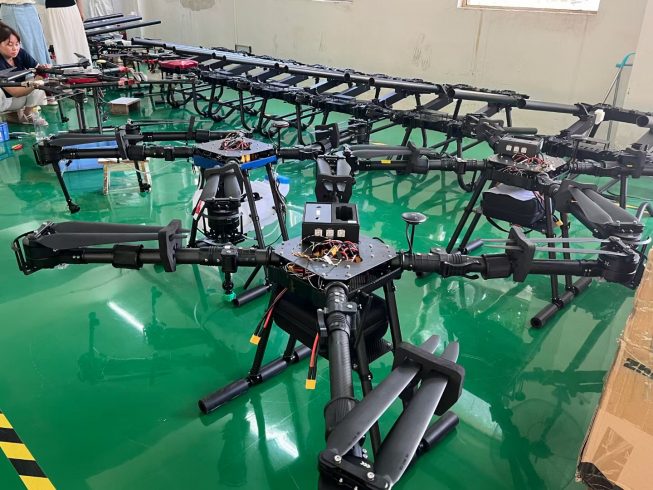


暂无评论内容